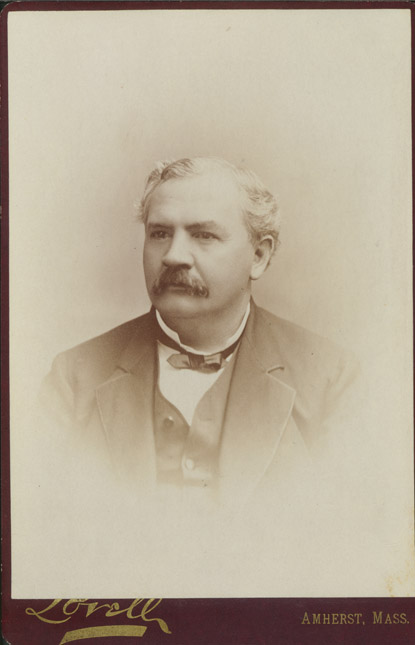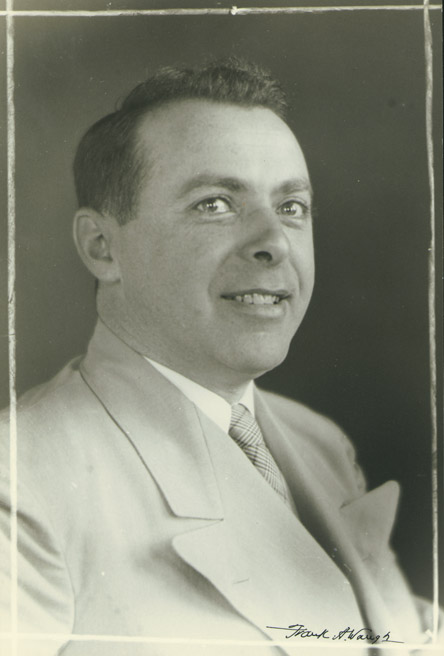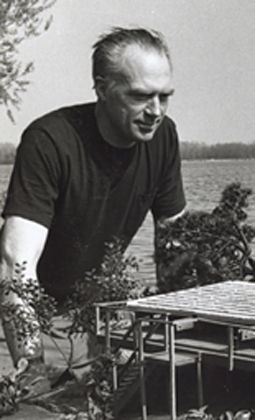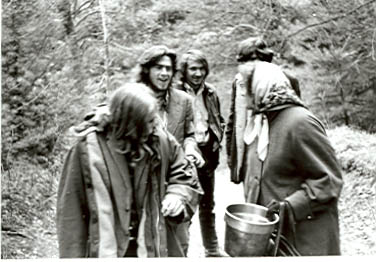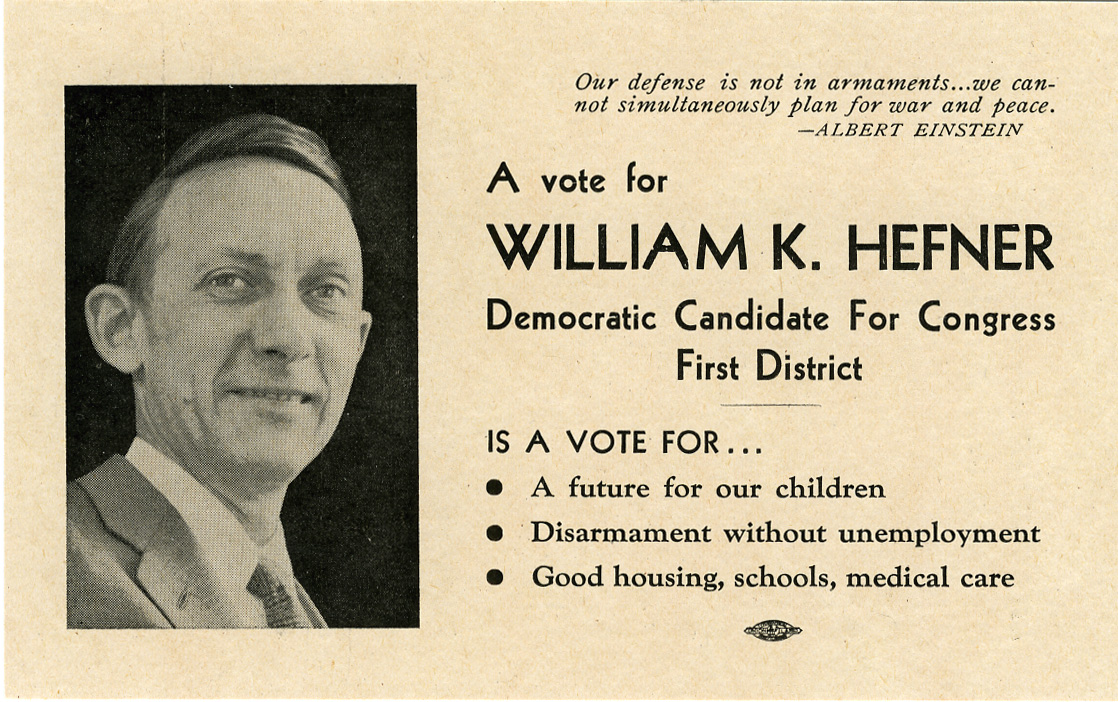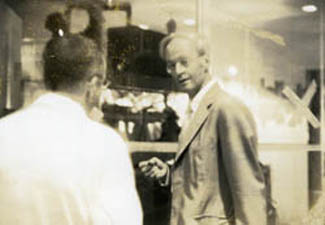Harvey Friedman Papers
Born in June 1922, Harvey Friedman attended Clark University in Worcester, Massachusetts, and enrolled in the Boston University School of Law in 1941. After serving as a non-commissioned officer with an Army medical unit in France from 1942-1946, Friedman returned home to Massachusetts and became a member of the bar in 1948. For the next fifteen years, he was the Assistant New England Director for the Amalgamated Clothing Worker Union, AFL-CIO. After refusing the position several times, Friedman accepted an offer from the University of Massachusetts Amherst to become Assistant Director of the Labor Relations and Research Center in 1965, earning promotion to Director in 1970. During his tenure at UMass, Friedman taught classes in Political Science, Legal Studies, Government, and Education. He retired from UMass in 1990 and passed away in 1992.
The Friedman Papers contain correspondence, newsclippings, and course materials dating from Friedman’s time at UMass. Also included are materials related to unions with which Friedman worked and documentation of his relationship with the American Arbitration Association.

